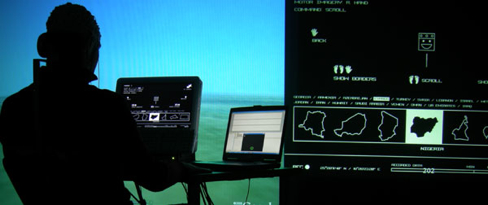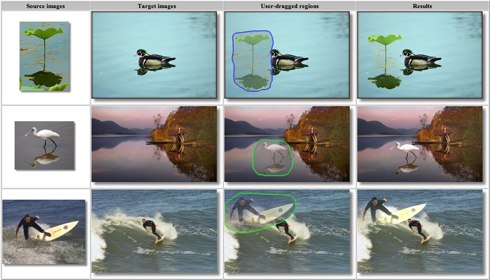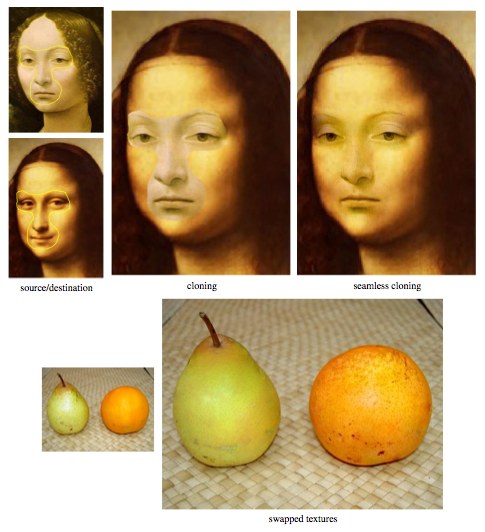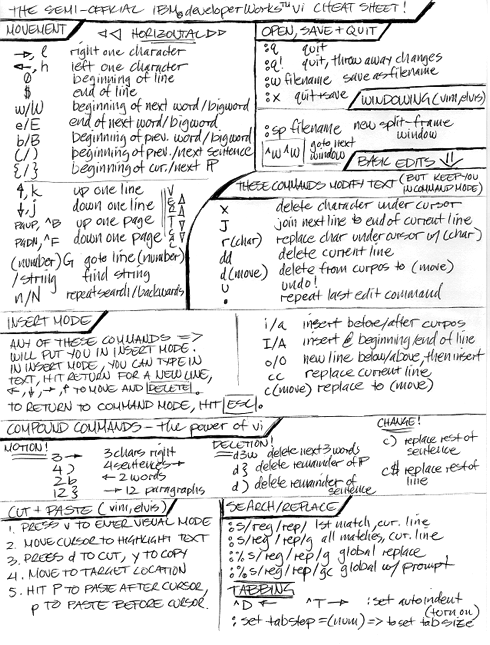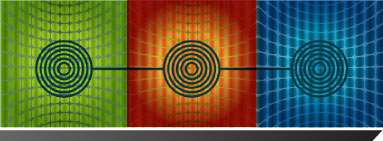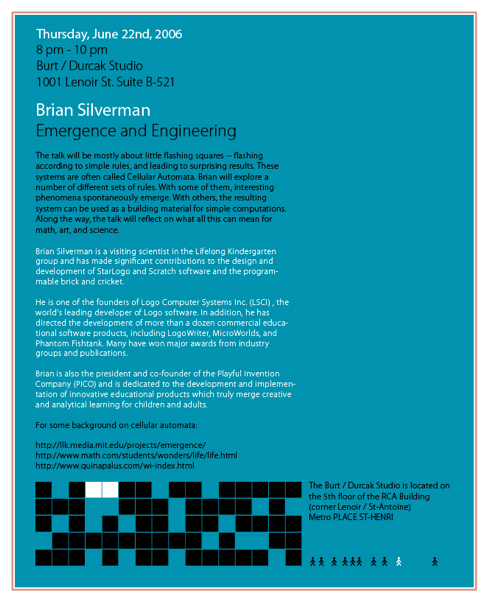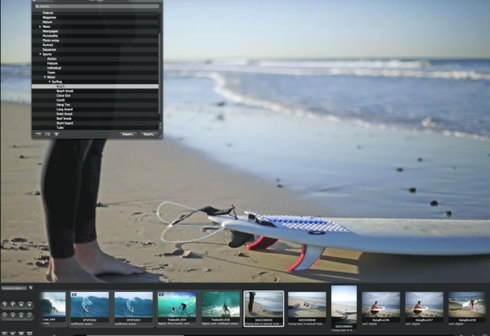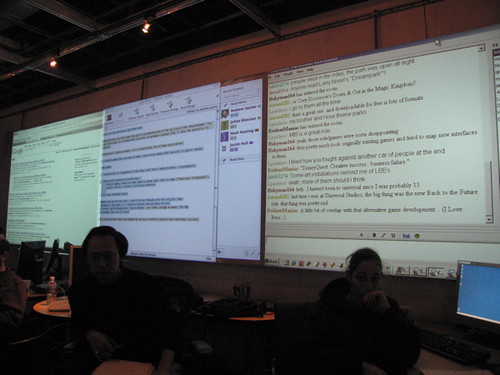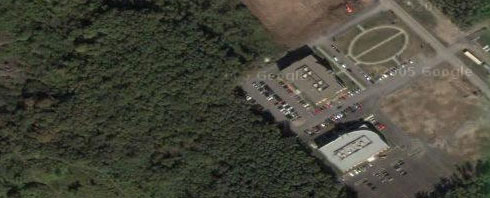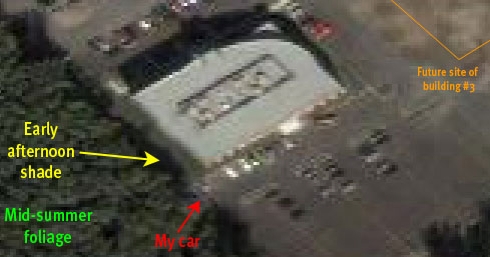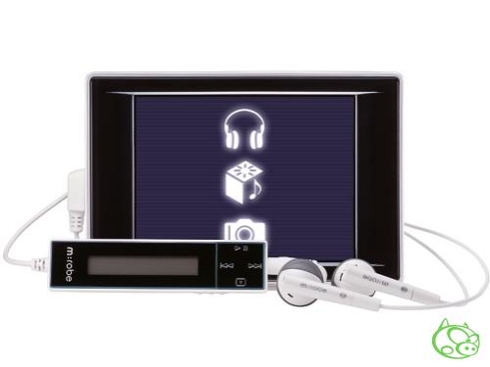Rogers is continuing it's strategy of gouging Canadian customers and making us the laughing stock of the wireless world.
Today, Rogers announced their price plans for the iPhone, which they and their wholly-ownded subsidiary (once upon a time their only competitor), Fido, will be carrying come July 11th.
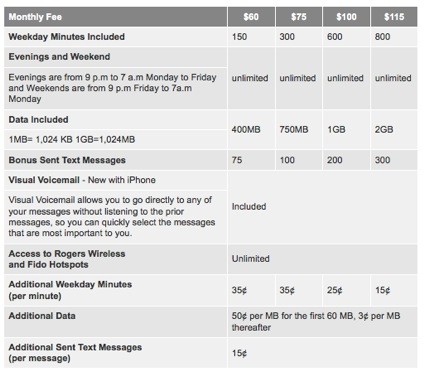
Their plans are the most expensive and carry the longest mandatory contract length of any of the 70 countries Apple is so proud to be launching in... not to mention do not offer unlimited data, which (and this is the part Canadians still don't seem to get, or so Rogers has us believe) is what makes the iPhone useable beyond phone calls.
Canada is the single most backwards wireless market in world. It is a shame considering the role Canada has played in the development and furthering of telecommunications technology and culture.
Shame. On. You.
and more importantly: SHAME ON US. Wake up Canada.
P.S.: I am venting my frustrations over on Get Satisfaction:
for Rogers
for Fido
I wish I wish I had the time and energy to mount a real campaign of sorts. Sigh. Anyone? Help?
Furthermore:
What I yelled into the Competition Bureau of Canada's webform:
http://www.competitionbureau.gc.ca/epic/site/cb-bc.nsf/en/01260e.html
After the acquisition of their *only* competitor in the Canadian GSM wireless service provider market, Fido, Rogers Wireless has been allowed to become a de facto monoply, controling the price of products and services in this GSM mobile market.
While it may be argued that the details of which wireless technology is being used to provide mobile network connectivity does not isolate Rogers from other wireless carriers such as Telus and Bell Mobility, the simple introduction of the Apple iPhone demonstrates that Rogers is alone in this market (as the iPhone requires a GSM-capable carrier)
As such, Rogers is asserting it's monopolistic status and has announced price plans which clearly show it.
The announced packages and rates for offering this industry-changing device in Canada are:
- the HIGHEST of all the 70 countries worldwide that Apple will be launching the device in come July 11th (price gouging)
- requires the LONGEST mandatory service contract (lock-in)
- withholding of that which is most valuable in the product and services' offering: unlimited data (hoarding and protectionism) DESPITE unreasonably high rates and restrictive conditions.I demand that the Canadian Government investigate Rogers' standing in the mobile carrier space, and that it is done with full knowledge and understanding of that space.
I further demand that more help be given to any new up-and-coming carriers, be it by tax breaks or spectrum price reductions or something. Fer chrissakes put some competition back into the system!



